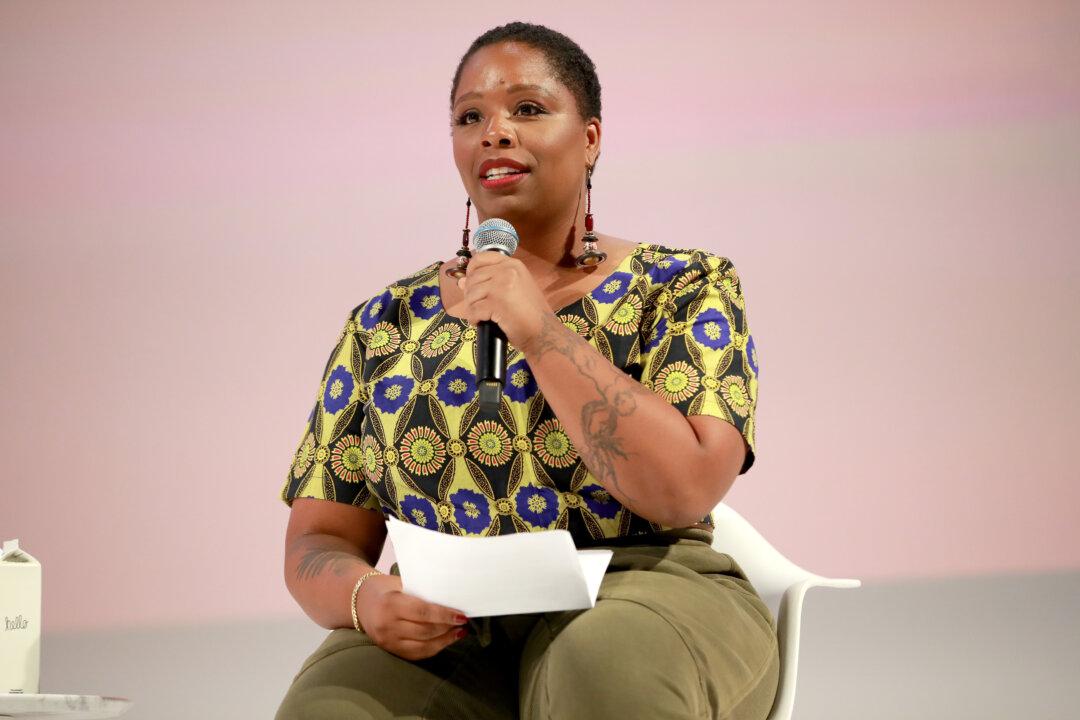Black Lives Matter (BLM) co-founder Patrisse Cullors has admitted that she used the group’s multi-million-dollar mansion in Los Angeles for two personal parties in 2021, just a month after suggesting that she had never used the property for personal gain.
Cullors, a self-described “trained Marxist,” told The Associated Press on May 9 that she hosted a small party at the mansion in January 2021, to celebrate the inauguration of Joe Biden and Kamala Harris. She added that about 15 people participated in the party, including members from the Los Angeles chapter of BLM.




